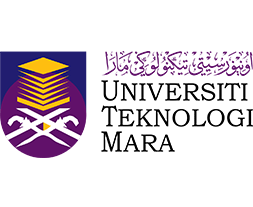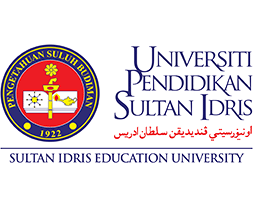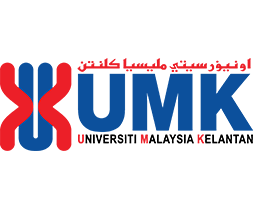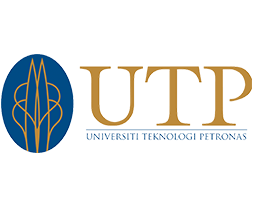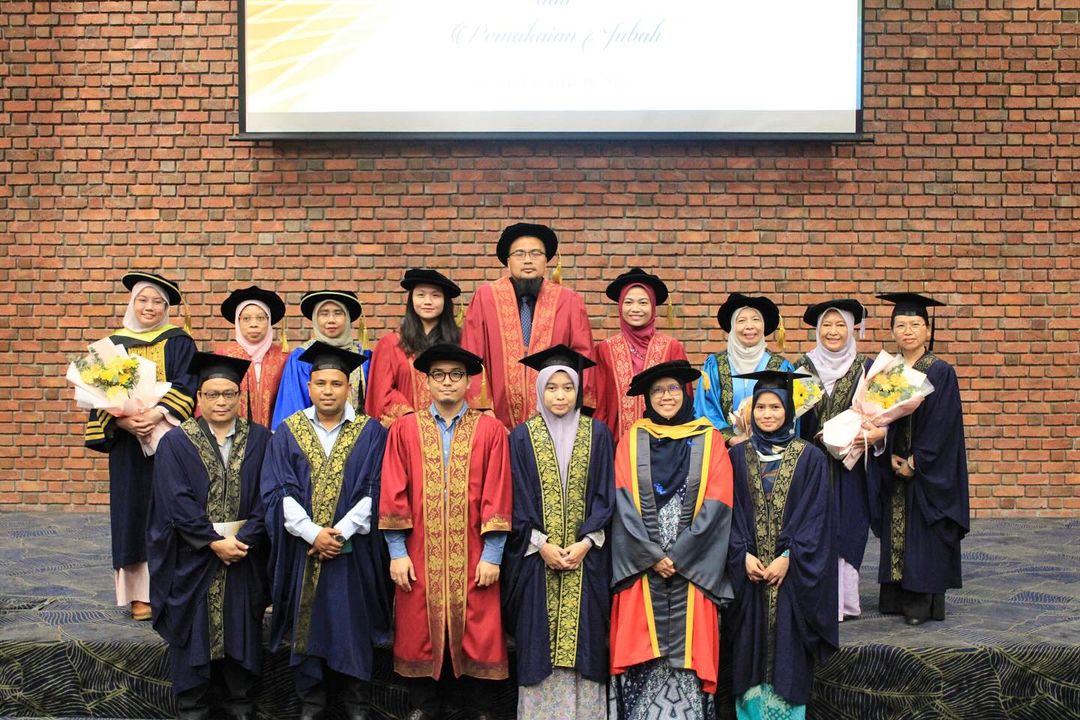
Malaysian Qualifications Agency (MQA)
The Malaysian Qualifications Agency (MQA) is a statutory body established under the Malaysian Qualifications Act 2007. It is responsible for accrediting courses and qualifications offered by institutions providing tertiary and higher education.
The primary role of the Malaysian Qualifications Agency is to use the Malaysian Qualifications Framework as the basis for ensuring the quality of higher education and as a reference standard for national academic qualifications.







